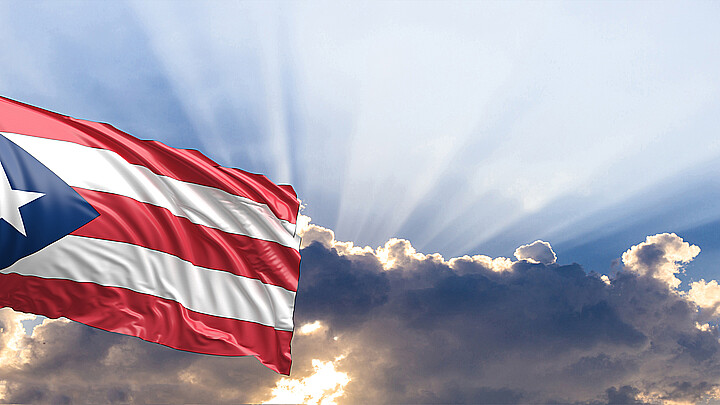Climate
U.S. Attorney indicts three for environmental crimes in Puerto Rico wetlands
The charges relate to the illegal construction and deposit of material into the wetlands and waters of the Jobos Bay National Estuarine Research Reserve

December 8, 2023 9:42pm
Updated: December 8, 2023 9:42pm
The U.S. Attorney’s Office for the District of Puerto Rico has indicted three men as part of an ongoing federal investigation into environmental crimes that were allegedly committed on protected land in the Caribbean island, according to a statement released by the USAOPR.
The charges relate to the illegal construction and deposit of material into the wetlands and waters of the Jobos Bay National Estuarine Research Reserve. Two separate indictments charge three individuals for Clean Water Act violations.
From June 2018 to December 2023, Rafael Carballo-Díaz and Nathaniel Hernández-Claudio knowingly discharged fill material from excavation and earth moving equipment into the wetlands in violation of the Clean Water Act, according to the first indictment.
“Carballo-Díaz operated a guesthouse business called El Cacique Resort on the property located at the Southwest of Camino del Indio in the Las Mareas area of Salinas, Puerto Rico. Nathaniel Hernández-Claudio acted as a host and property manager at El Cacique Resort on the Property,” the statement says.
The second indictment charges Awildo Jiménez-Mercado with violations of both the Clean Water Act and the Rivers and Harbors Act. According to federal prosecutors, Jiménez-Mercado knowingly discharged fill material from excavation and earth moving equipment into the wetlands and built a boat dock but did now have the required authorization of the Secretary of the Army.
Those acts, prosecutors said, constitutes a violation of the Rivers and Harbors Act. The men operated and managed a nearby resort that also served as a short-term rental.
Awildo Jiménez-Mercado also operated a guest house business called “Hidden Paradise” on a separate property, the USAO said. Both El Cacique Resort and Hidden Paradise offered guests a pool, outdoor dining areas, and housing units as short-term rentals.
The federal charges come as an increasing number of Puerto Ricans have complained about the illegal developments built on the island’s second largest estuary.
Activists have accused developers of destroying mangrove forests and stripping that part of the island of a natural barrier that shields the beach from hurricane storm surge.
The Clean Water Act was passed by Congress in 1972 to maintain and protect the integrity of U.S. waters and ensure the restoration and maintenance of the chemical, physical, and biological integrity of the nation’s waters.
It prohibits the discharge of any pollutant and fill material into U.S. waters except when a permit is obtained from the federal government.
The Rivers and Harbors Act was passed in 1899 and is considered the oldest environmental law in the U.S. It protects the nation’s navigable waters and prohibits the un-permitted construction of structures within those waters.
Both the Clean Water Act and the Rivers and Harbors Act protect the coastal waters within the Jobos Estuarine Reserve.
The three defendants appeared on Friday before Magistrate Judge Marshal D. Morgan of the U.S. District Court for the District of Puerto Rico for their initial court appearances.
If convicted, the three face up to three years of imprisonment for the alleged Clean Water Act violations, fines, and injunctive relief to remove violative structures.
Jimenez-Mercado also faces an additional year in prison for the alleged River and Harbors Act violations.








